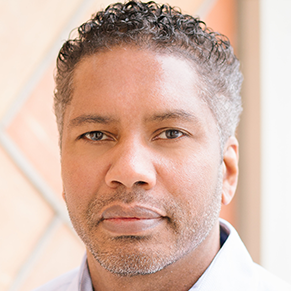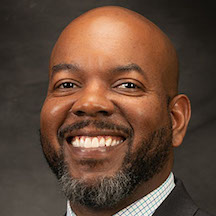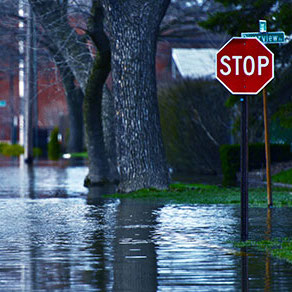 It is widely known that the prison populations of most states are disproportionately Black. Previous studies have suggested that a major factor in the disparity is prosecutors’ bias in pursuing cases against Black defendants while going easier on White defendants. In a 1993 study, for example, researchers found that prosecutors in Los Angeles were 1.59 times more likely to fully prosecute an African American defendant for crack-related charges than a White defendant.
It is widely known that the prison populations of most states are disproportionately Black. Previous studies have suggested that a major factor in the disparity is prosecutors’ bias in pursuing cases against Black defendants while going easier on White defendants. In a 1993 study, for example, researchers found that prosecutors in Los Angeles were 1.59 times more likely to fully prosecute an African American defendant for crack-related charges than a White defendant.
But a new study led by a law professor at the University of Arizona turns the conventional wisdom on its head. The study, administered online, provided prosecutors with police reports describing a hypothetical crime, which the researchers designed with assistance from experienced prosecutors. All details of the case were the same except for the suspect’s race – either Black or White – and occupation – fast-food worker or accountant – to indicate the suspect’s socioeconomic status. Roughly half of the prosecutors received one version of the case; the other half received the other.
The study examined whether prosecutors charged a felony, whether they chose to fine the defendant or seek a prison sentence, and the proposed cost of the fine or length of the sentence. “When we put all those together, we see the same severity of charges, fines, and sentences across all the conditions, whether the defendant was Black, whether the defendant was White, whether the defendant had a high-class career or a low-class career,” said Christopher Robinson, the lead author of the study. “Differences in the actual outcomes – in the actual behavior of the prosecutors – is what we would have expected if they were biased. But since we see no difference in the outcomes, we concluded that they were not substantially biased.”
The authors suggest that prosecutor bias has been an issue for a while and most have undergone training to make them aware of bias. The results suggest that policymakers committed to addressing systemic racism and classism in the legal system may be more successful in seeking reforms in other areas.
“The disparities in outcomes are indisputable,” Professor Robertson said. “As we go through the criminal justice system and think about what the right reforms are, the sheer bias of the prosecutor doesn’t seem to be the biggest one.”
The full study, Race and Class: A Randomized Experiment with Prosecutors,” was published in the Journal of Empirical Legal Studies. It may be accessed here.










